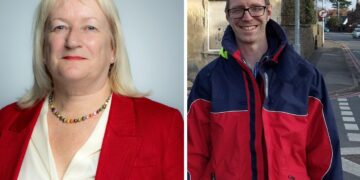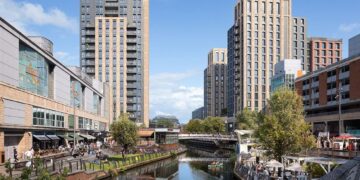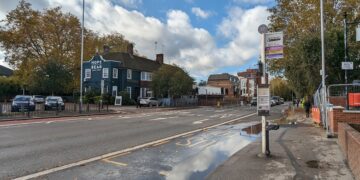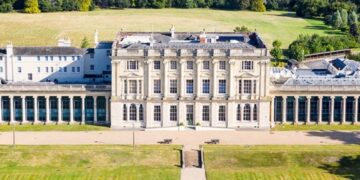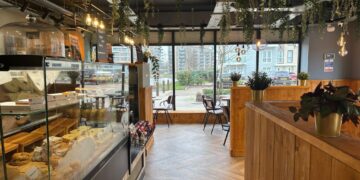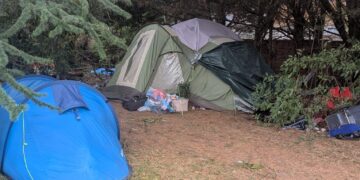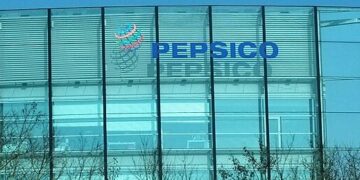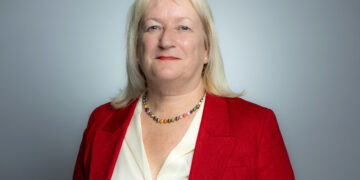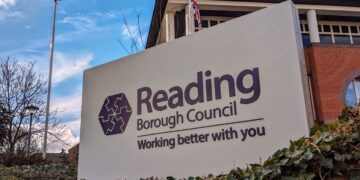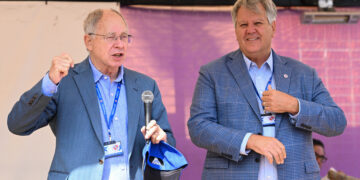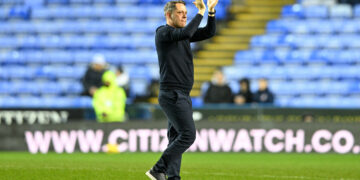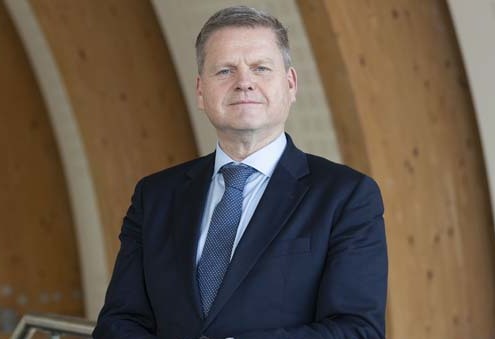Walking across campus this week, I can feel the anticipation building. Soon our students will be unpacking bags, finding their way to lectures, filling our libraries and cafés with conversation. As we prepare for their return and approach our centenary in 2026, these quiet moments remind me that we’re thinking about the century ahead and what kind of institution we want to be.
That forward thinking has shaped our new Net Zero Carbon Plan. We’ve already cut building emissions by 63% since 2008 whilst saving millions of pounds, and we’re on track to be carbon neutral across campus by 2030. Now we’re going further, tackling emissions across our entire operation and positioning Reading as the first university in the UK to set such comprehensive climate targets, with the goal of achieving net zero across all our operations.
Our new plan targets substantial reductions in supply chain emissions over the next fifteen years, covering everything from student travel to food purchases. We want Student halls to achieve zero emissions by 2040. We are looking to significantly cut the carbon footprint of our supply chain. We’re even looking at how students travel home for holidays. This comprehensive approach reflects our understanding that meaningful climate action requires systemic change, not just isolated improvements.
Our students certainly expect us to act. They want their university to lead by example, showing that the environmental solutions we research can work in practice. Among our new arrivals this year will be the first cohort of Global Sustainability Leaders Scholars: high-achieving students from all disciplines who have demonstrated their commitment to addressing climate challenges. These scholars will help drive our sustainability mission forward and take this expertise and commitment with them into their future workplace. They see universities as places that should demonstrate what’s possible, not just study what might be.
The foundations are strong. In recent years, we’ve banned flights within the UK, capped travel emissions across departments, and installed solar panels across campus as part of our ambition to reach net-zero in the next five years. These changes have strengthened rather than weakened our academic mission. Our travel changes have delivered dramatic reductions while our international partnerships have flourished through increased digital collaboration.
Reading’s scientists have made crucial contributions to understanding and addressing climate change, from our role in the Intergovernmental Panel on Climate Change to our cutting-edge work on renewable energy and meteorology. As we prepare for our second century, this plan ensures our campus practices match the excellence of our world-leading climate and environmental research and education and positions us as an institution that applies its own discoveries.
Walking across campus today, I see how much we have already transformed our physical environment. Our new climate plan ensures this transformation continues, showing that universities can lead practical change whilst demonstrating the solutions our researchers develop. This is how institutions endure: by adapting boldly to the challenges of each new era.
Professor Robert Van de Noort is the Vice Chancellor of the University of Reading

